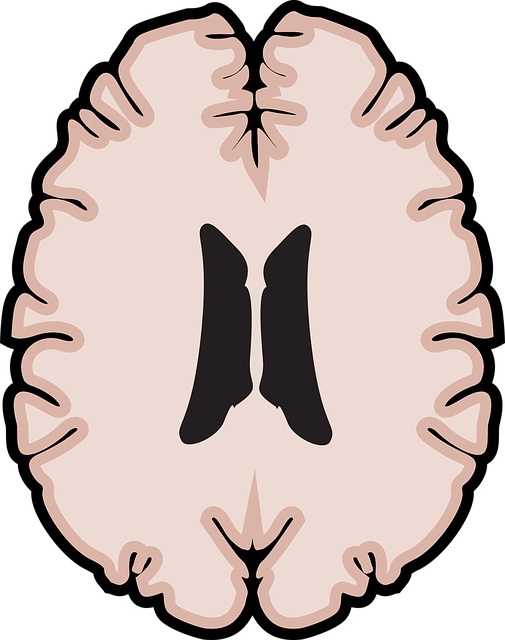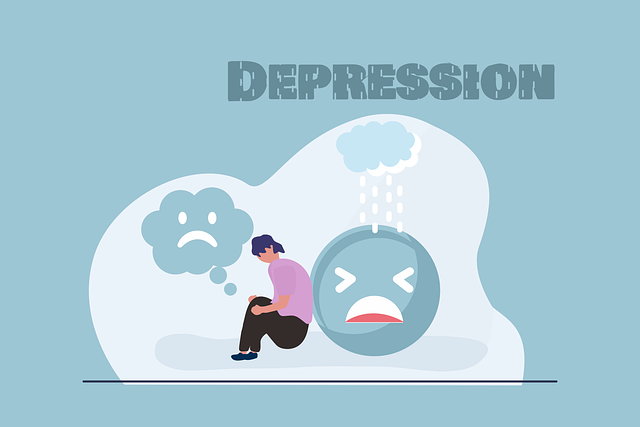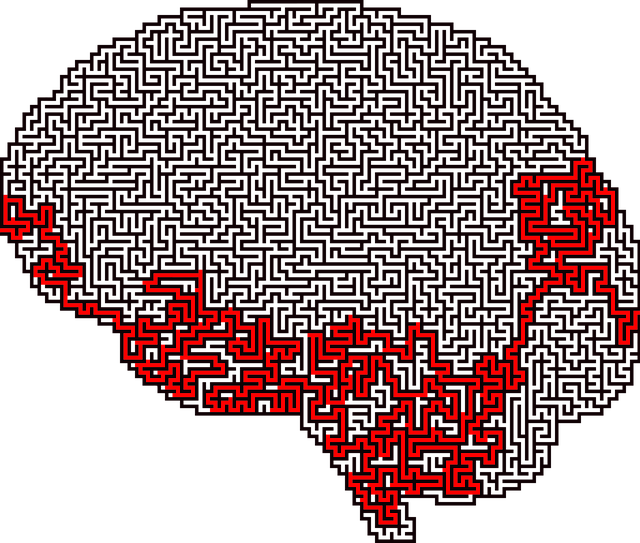Denver's unique social landscape presents challenges for mental well-being, exacerbated by professional burnout, demanding innovative mental health education. A comprehensive program focused on Denver Gender-Affirming Care Therapy should cater to diverse gender identities, offer crisis intervention guidance for transgender/non-binary individuals, promote open dialogue, dispel stereotypes, and empower participants with wellness coaching tools. Key components include basic Mental Health Awareness, Mood Management, Conflict Resolution, and regular post-program evaluations to refine content based on data and feedback, ensuring the program remains relevant and impactful in addressing evolving mental health needs within diverse communities.
In today’s diverse society, mental health education is an essential pillar for fostering inclusive communities, especially in cities like Denver known for its vibrant tapestry. This article explores the design of a comprehensive mental health education program with a specific focus on Denver Gender-Affirming Care Therapy. We delve into the critical need for such programs, strategies for inclusive design, key curriculum components, and successful implementation methods. By understanding these elements, we can revolutionize mental health support for all.
- Understanding the Need for Mental Health Education: A Denver Perspective
- Designing an Inclusive and Effective Program for Gender-Affirming Care
- Key Components of a Comprehensive Mental Health Curriculum
- Implementing and Evaluating Success: Strategies for Continuous Improvement
Understanding the Need for Mental Health Education: A Denver Perspective

In Denver, the need for comprehensive mental health education is starkly evident, particularly within communities that access Gender-Affirming Care Therapy (GACT). The city’s diverse population faces unique challenges related to mental well-being, exacerbated by social and economic factors. Burnout among mental health professionals serving these populations is a growing concern; it’s not just about treating conditions but navigating complex societal issues too. Effective programs must go beyond symptom management and focus on preventative measures like risk management planning and emotional regulation strategies.
Denver’s landscape of mental health care, with its vibrant yet challenging environment, demands tailored educational initiatives. By prioritizing these aspects, we can ensure that professionals are equipped to handle the unique needs of their clients, fostering healthier communities overall. This approach aligns with current trends in risk management planning for mental health professionals, aiming to create a supportive and resilient ecosystem within the industry.
Designing an Inclusive and Effective Program for Gender-Affirming Care

In designing a mental health education program focused on Denver Gender-Affirming Care Therapy, inclusivity and effectiveness are paramount. The curriculum should cater to individuals with diverse gender identities and expressions, ensuring that all participants feel seen, heard, and respected. This involves incorporating crisis intervention guidance tailored to the unique challenges faced by transgender and non-binary individuals, fostering a safe space for open dialogue and exploration. Engaging activities and resources that challenge stereotypes and promote mental wellness coaching programs development are essential to enhancing understanding and acceptance.
Mental health awareness is crucial in this context, aiming to dispel myths and provide accurate information about gender-affirming care. The program should encourage participants to question their assumptions, engage in self-reflection, and develop empathy for others’ experiences. By balancing educational content with practical tools and strategies, the initiative can empower individuals to advocate for themselves or support loved ones navigating gender identity crises.
Key Components of a Comprehensive Mental Health Curriculum

A comprehensive mental health education program should incorporate several key components to effectively address various aspects of well-being. Firstly, it must lay a solid foundation by introducing basic Mental Health Awareness, covering common conditions and their symptoms. This can help dispel myths and promote empathy among participants. Integrating Denver Gender-Affirming Care Therapy into the curriculum is also vital, ensuring inclusivity and providing insights into specialized support for diverse communities.
Additionally, teaching practical skills such as Mood Management techniques enables individuals to cope with daily stressors. Conflict Resolution Techniques should be another core element, fostering healthy communication and interpersonal interactions. By combining theoretical knowledge with applicable tools, these programs empower participants to navigate mental health challenges effectively, ultimately enhancing overall resilience and quality of life.
Implementing and Evaluating Success: Strategies for Continuous Improvement

Implementing and evaluating a mental health education program is paramount to ensure its effectiveness and foster continuous improvement. At Denver Gender-Affirming Care Therapy, we’ve found success by integrating diverse strategies tailored to our community’s unique needs. Regularly conducting post-program assessments allows us to gauge participant learning outcomes and identify areas for enhancement. This data-driven approach enables us to refine content, delivery methods, and engagement strategies over time.
Moreover, incorporating feedback from both participants and facilitators is essential. By actively seeking input, we can implement burnout prevention strategies for healthcare providers, align curriculum with emerging research, and optimize community outreach program implementation. Ultimately, these collaborative efforts ensure our programs remain relevant, impactful, and responsive to the evolving mental health landscape, contributing to anxiety relief within our diverse communities.
Mental health education programs, as demonstrated through the Denver perspective on gender-affirming care therapy, are vital tools for fostering inclusive and comprehensive support systems. By incorporating key components such as awareness, skill development, and continuous evaluation, these programs can revolutionize mental healthcare access and quality. The strategies outlined, including best practices for designing effective curricula and implementing success measures, provide a roadmap to enhance well-being outcomes for diverse communities. With ongoing commitment and adaptation, Denver Gender-Affirming Care Therapy serves as a testament to the power of education in reshaping mental health landscapes.














